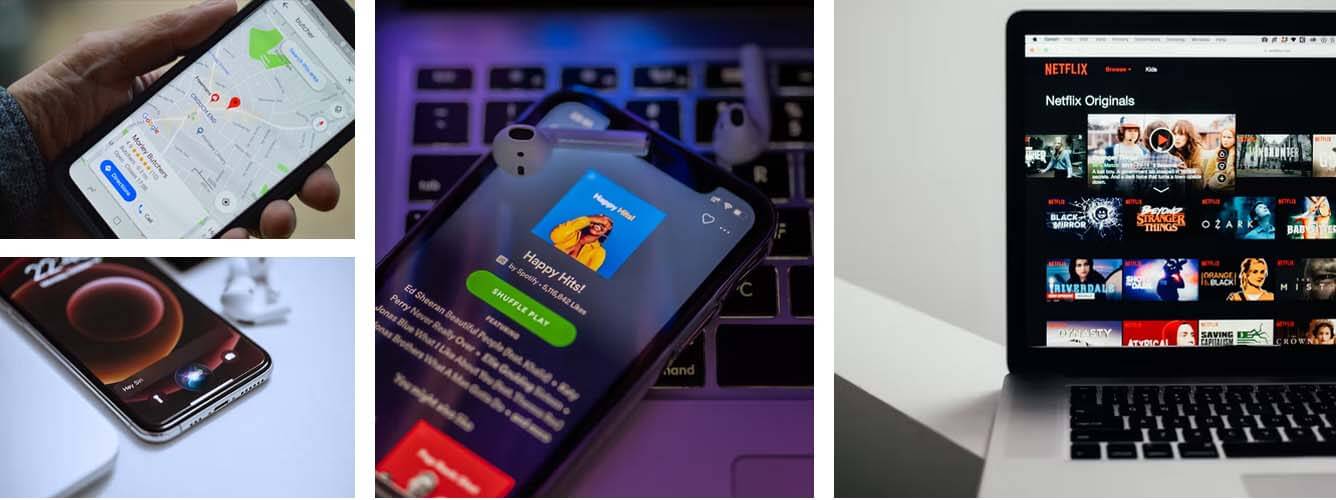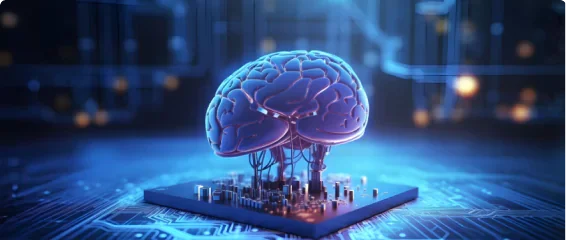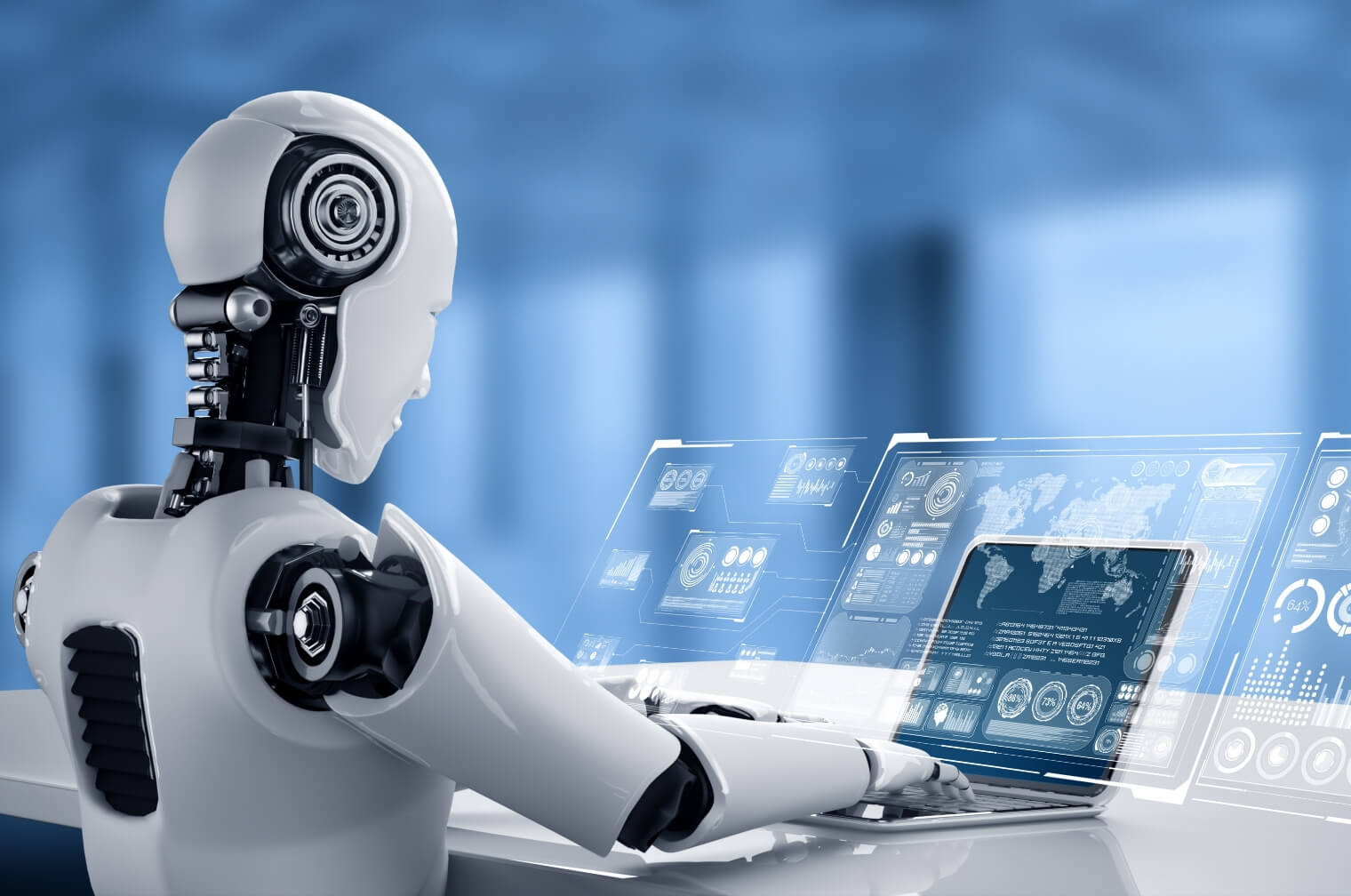Machine Learning and AI for revolution of Tech Companies are changing and streamlining businesses.
Machine learning is the latest technology that has not only helped human beings but has also played an important role in making tasks easier in many other fields. This technology helps a lot in automating many tasks in many industries and in analyzing the process and doing it continuously in repetitive mode. Machine learning is a branch of artificial intelligence, under which it can make decisions by analyzing databases. ML developers in India are in high demand.
The data that we will provide, through this technology, all that data is scanned and this technology helps us in taking the next decision. There are many such areas where this technology is being used such as in the medical field, in the field of education, and by other big companies. Demand for ML developers in India is Increasing.
Intelligent systems built on machine learning algorithms have all the capability to analyze history and tell the next decision. Today we will tell you about 10 such real-life examples where we use machine learning technology.
Image recognition
This is an area where machine learning is used the most. Google Lens made by Google is also based on this technology where it scans the image and compares it with the available data and provides us with the next result. Machine learning, as you know, works only according to the available data, so it can also help us a lot in image processing and image recognition. It scans each pixel and when it finds a parallel image, it shows us as a result.
Face recognition
Face recognition is also done under this technology. For each person’s face, a separate category is created in a separate database, where the information of his face is started. While identifying the face, the information is matched with the database, if the information matches then ‘Face is recognized’ otherwise it will be rejected. This technology is used in many places, it is also used in many security checks.
Voice recognition
Many times you must have seen features like Voice Recognition and Speech Recognition, in this, we speak something and it gets converted into text. Mainly in this the software understands what you say and converts it into a text file. Usually, you must have seen that in Google, you search for something by looking at the command, all that is possible through this technique. The word and language you speak are understood and complex algorithms are used to make it error-free. This feature is very beneficial and helps us to save a lot of time.

Medical diagnosis
Technology has helped a lot in the field of medicine and continues to do so. Machine learning has made it much easier to keep track of patient reports and diagnose them accordingly. Although the doctor determines how it will be diagnosed, the report provided by technology is a good tool in helping the doctor. Planning and monitoring have become very easy with the help of technology. In the medical field, much such excellent work is being done by technology, which seems like a boon.
Prediction
Many times you will see that the weather forecast remains almost according to that. Although it is a simple thing, if we think a little about it, then we will find how is it possible. How can we know in advance what will happen in the future? Estimating whether information has also been possible through this technology. In this, the technology analyzes the weather of the last several years and according to that, it predicts how the weather will be, which is very accurate most of the time.
Financial services
This technology also helps us a lot to avoid financial risk. You will be a little shocked to know how it can help us with financial risk. Let us tell you. Behind such a high and rapid expansion in the banking sector, this technology has the biggest contribution. It tracks the patterns of customer behavior and their spending capacity and accordingly, the bank and financial service provider can take a careful decision towards the customer.
It can also protect us from many types of risks, especially financial risks. In the case of the stock market and mutual funds, it intelligently tells us the comparison between which stocks and mutual funds we should buy and when we should sell them. One of the main reasons for the rapid growth in the banking and financial sector is machine learning.
Extraction
Extraction is one such feature due to which we save a lot of time and our work becomes very easy. In simple language, if we have to search any specific data from a very large database, then this technology helps us to provide that filter data. Extracting a small amount of data from very large databases can be very challenging. But it is very easy to do with machine learning.
Statistical arbitrage
As you know how easily work has started in the banking sector with the help of technology. The same happens with the stock market and mutual funds. However, this area is a lot volatile where at any time the market can go up and at any time the market can go down. In such a situation, there is a risk of loss of money, but with the help of technology, now we can predict it. It would be almost impossible to tell 100%, but almost we can avoid the loss, technology will help us so easily. At a very fast pace, this technology is establishing its strength in this field and we hope that it will help us a lot soon and will also improve itself rapidly.
Conclusion
If you try to understand it from the back end of the machine learning algorithm, it will be very complex and almost impossible to understand. You can Hire ML developers to do so. But we tried to tell you how machine learning helps us in daily life. We hope you understand how it works and how it can help you. If you liked the information, then do share it with others as well.









